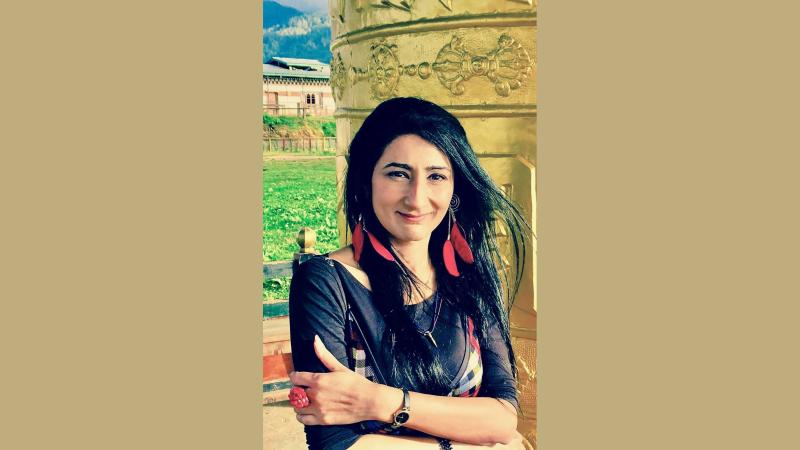Nitasha Kaul, Professor of Politics, International Relations, and Critical Interdisciplinary Studies and Director of the Centre for the Study of Democracy (CSD), was invited to write two articles for The Conversation one of which discussed the reasons behind the right-wing demand to change India’s name to 'Bharat' and the other provided an assessment of Indian Prime Minister Modi’s speech on Independence Day.

In the first article, Professor Kaul explained why the Indian right-wing demand to change India’s name to “Bharat” is not an anti-colonial move but is part of an ideological push from the Hindu right. In her 2017 analysis, Professor Kaul predicted the right’s reliance on using such contradictory dualities as India/Bharat for political profit.
Speaking about whether the name change is a politically charged move from the far right, Professor Kaul commented: “So the proposed change of name from India to Bharat is not an anti-colonial move. Rather it is the creation of a binary designation whereby those who continue to espouse an “Indian” identity will, over time, become politically labelled as an “other” to the true and authentic “Bharatiya” (resident of Bharat) who is the “ideal” Hindu or Hindu-ised citizen.”
She continued: “The right is seeking to create a new wedge between those who live in India and those who live in Bharat. Much like the divide between Remainers and Leavers in the UK is a legacy of Brexit, this kind of divisive politics has long-term consequences as the meanings attached to specific terms are altered.”
The article has been widely circulated, with nearly 83,000 readers in less than a month.
In the second article, Professor Kaul argues how Prime Minister Modi’s Independence Day speech sounded more like a campaign pitch for next year’s election, rather than an attempt to address the nation’s challenges, especially in view of increasing violence against religious or ethnic minorities and women.
In her conclusion to the article, she commented: “Modi’s speech was nothing more than a stump speech for the 2024 election aimed firmly at the country’s Hindu majority. Towards the end of his speech, Modi expressed his confidence that on August 15 2024, he would again address the country from the Red Fort after being re-elected.
“Many Indians who care about democratic erosion, decline in media freedoms, institutional capture, pervasive identity-based anti-minority violence, deepening societal divisions and a centralisation of executive power, will hope otherwise.”
Read the Professor’s Kaul’s article on India’s name change on The Conversation’s website.
Read Professor Kaul’s article on President Modi’s Independence Day speech on The Conversation’s website.


